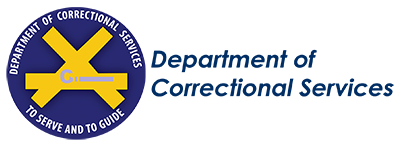Education and Development Programmes
Unlike traditional schools, juvenile centres operate on a rolling admission basis, with children entering and leaving throughout the year. This creates challenges in standard curriculum delivery, but DCS works closely with the Ministry of Education to ensure that each child’s learning needs are met.
Programmes offered include:
-
Academic instruction (core subjects)
-
Vocational training (e.g. carpentry, agriculture, cosmetology)
-
Information Technology
Annual Events that Support Holistic Growth
-
Sports Day
-
Jamaica Day / Cultural Celebrations
-
Heroes Week Activities
-
Parents’ Day
-
Christmas Dinner and Awards Ceremony
Staff Training and Child-Centred Support
Working in juvenile correctional centres requires specialised skills. Staff receive training in:
-
Medical health screening and treatment
-
Conflict resolution
-
Human and child rights education
-
Adolescent reproductive health
-
Personal development and life planning
-
Interpersonal communication skills
-
Suicide and self-harm prevention
The Department of Correctional Services remains committed to transforming the lives of youth through structured care, education, and compassion—ensuring each child is given the opportunity to reintegrate into society as a confident, productive individual.

